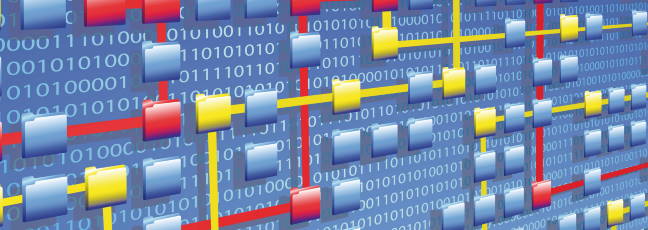Conference room: BPM 2021
academic stories conference roomTalking with Massimo Mecella
The 19th edition of the BPM conference series will be hosted by the Department of Computer, Control and Management Engineering Antonio Ruberti at the Sapienza University of Rome, in Italy. Massimo Mecella, the General Chair, gets us through his research experience and reflections on BPM and process mining. Also, he gives us breaking news about the upcoming conference.
Massimo, how did your career develop?
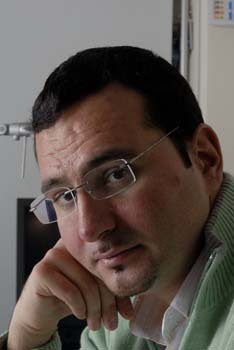 Long story short, let’s say I am a proud Roman. Quite unusually, indeed, I have developed my entire career in one university: I studied at Sapienza, got my PhD at Sapienza and now I am a professor at Sapienza. I acquired international experience with two research visits in the US (in 1999 at Telcordia Technologies, NJ, USA, and in 2005 at Purdue University, IN, USA). I became a full professor in early 2021. At present, I am the Director of the Curriculum of the BSc and MSc in Engineering in Computer Science, and of the MSc in Artificial Intelligence and Robotics.
Long story short, let’s say I am a proud Roman. Quite unusually, indeed, I have developed my entire career in one university: I studied at Sapienza, got my PhD at Sapienza and now I am a professor at Sapienza. I acquired international experience with two research visits in the US (in 1999 at Telcordia Technologies, NJ, USA, and in 2005 at Purdue University, IN, USA). I became a full professor in early 2021. At present, I am the Director of the Curriculum of the BSc and MSc in Engineering in Computer Science, and of the MSc in Artificial Intelligence and Robotics.
How about your research interests?
My research revolves around software architectures. In particular, I am one of the initiators of research in service-oriented computing. During the 2000s, I entered the world of process management, just like a natural extension thereof. I see Service-Oriented Architectures as the enabling paradigm for BPM: from a service perspective, composition or modularisation of services actually is at the heart of the process modelling; conversely, process enactment builds upon the coordinated execution of external services.
In the beginning, I worked on Workflow Management Systems. With Barbara Pernici, I focussed on system composition from legacy systems initially. Then, I took part in a joint work on the automated composition of services that expose their behaviour – later, the paper would have been awarded with the Test of Time award at ICSOC! After all, we can see it was about the automated synthesis of processes. We also challenged the automated adaptation of processes via AI techniques and that work evolved in a full-fledged system, SmartPM. Lately, we studied the concept of resilient processes by design and investigated the cybersecurity area – a field in which our Department got the excellence award! We also conduct research in information systems at large, on themes such as advanced GUIs, e-health, and digital humanities.
Over the years, I have had the pleasure to see a research team grow together with me. You can see the current squad in the picture below: Andrea Marrella, who now leads the process mining area; Francesco Leotta, with his vast experience in the application of BPM in smart environments – including habit mining and Industry 4.0; a group of early-stage researchers (Simone, Francesco, Lauren, Eleonora, Francesca, Dario, and Silvestro); also, we strictly collaborate with Giuseppe De Giacomo, the father of the research stream across AI and BPM, and Fabio Patrizi. This team was home to quite a number of scholars during the early stages of their careers, including Massimiliano de Leoni and Claudio Di Ciccio in the area of process mining. I say this with a bit of pride, truth be told.
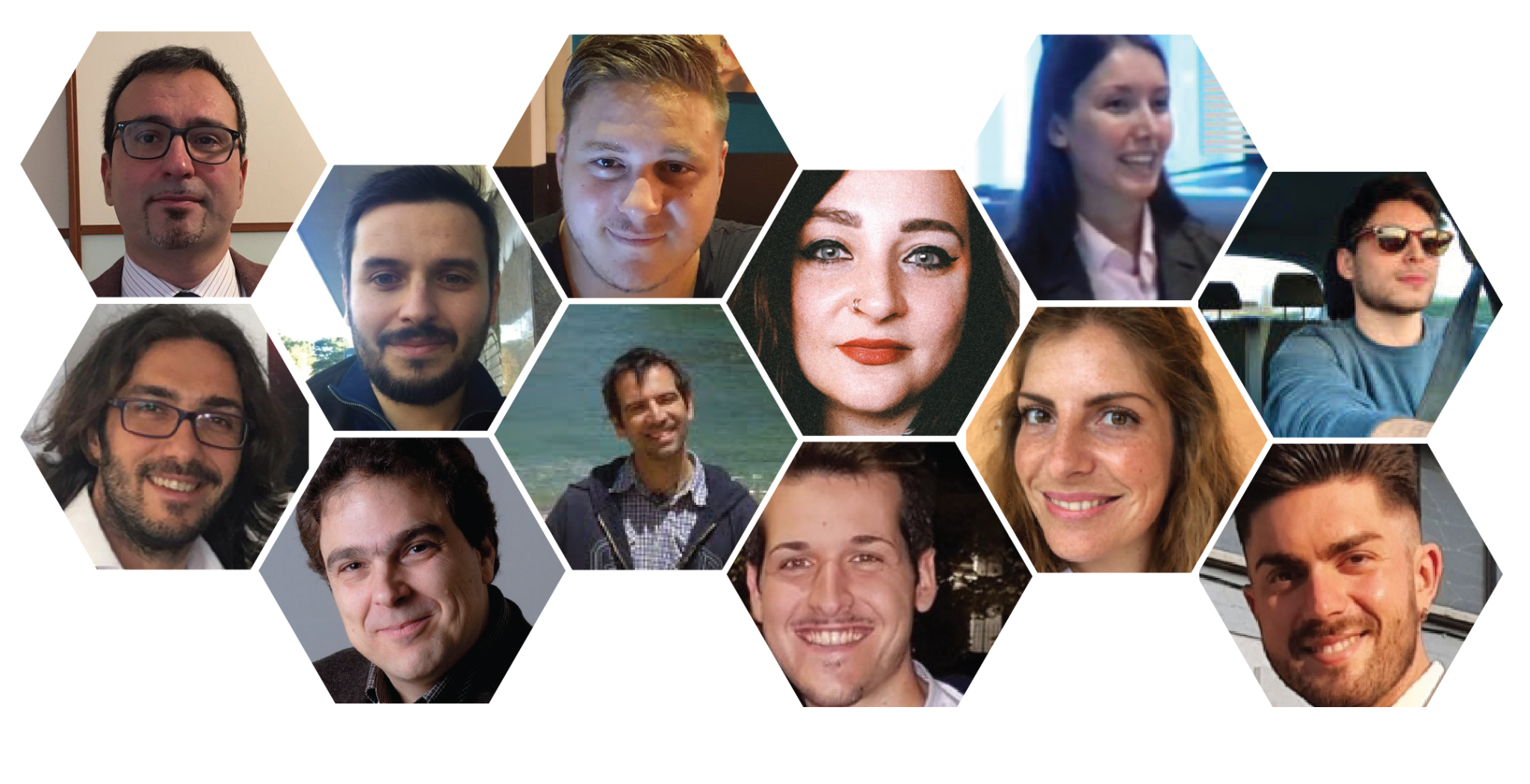
You and your team organise BPM this year! What are the main reasons that motivate you in this endeavour?
After 20 years of work in this area, I thought that the conference could come back to Italy after the 2008 edition held in Milan. I believe the role of Rome in particular is key for process management. Indeed, Rome is the capital city, with Italian and international governmental bodies, and where the headquarters of several utility and service companies are located. BPM is at the heart of the business and competencies of these organisations. It follows that Rome is both geographically and technically an ideal metropolitan area to let researchers and practitioners in process management and mining do their job.
Very nice remark! So what’s your take on process mining?
I think that process mining is the core driver of digital transformation. I am excited at investigating process mining from the viewpoint of non-conventional scenarios. For example, we resort to it for habit mining, to discover cyber-physical processes, as we discussed at length in the IoT-vs-BPM manifesto; also, we have investigated process mining for personal and micro-processes, even from workers’ email exchanges. Processes live in the physical context and adapt thereupon. On the other hand, I like applying AI techniques to enhance process mining capabilities. To sum up, I see process mining as an arena for AI and, at the same time, a tool to tackle non-conventional process areas.
What can a process mining researcher/practitioner get from BPM 2021?
Process mining is a key component of a larger, compound research area on business process management and information systems at large. BPM covers a large umbrella of themes. Process miners can find inspiration for new challenges, on the one hand. On the other hand, it’s a perfect real-world testbed for their process-mining brand new toolkits. A promising outlet at the BPM conference, to this end, can certainly be the management track.
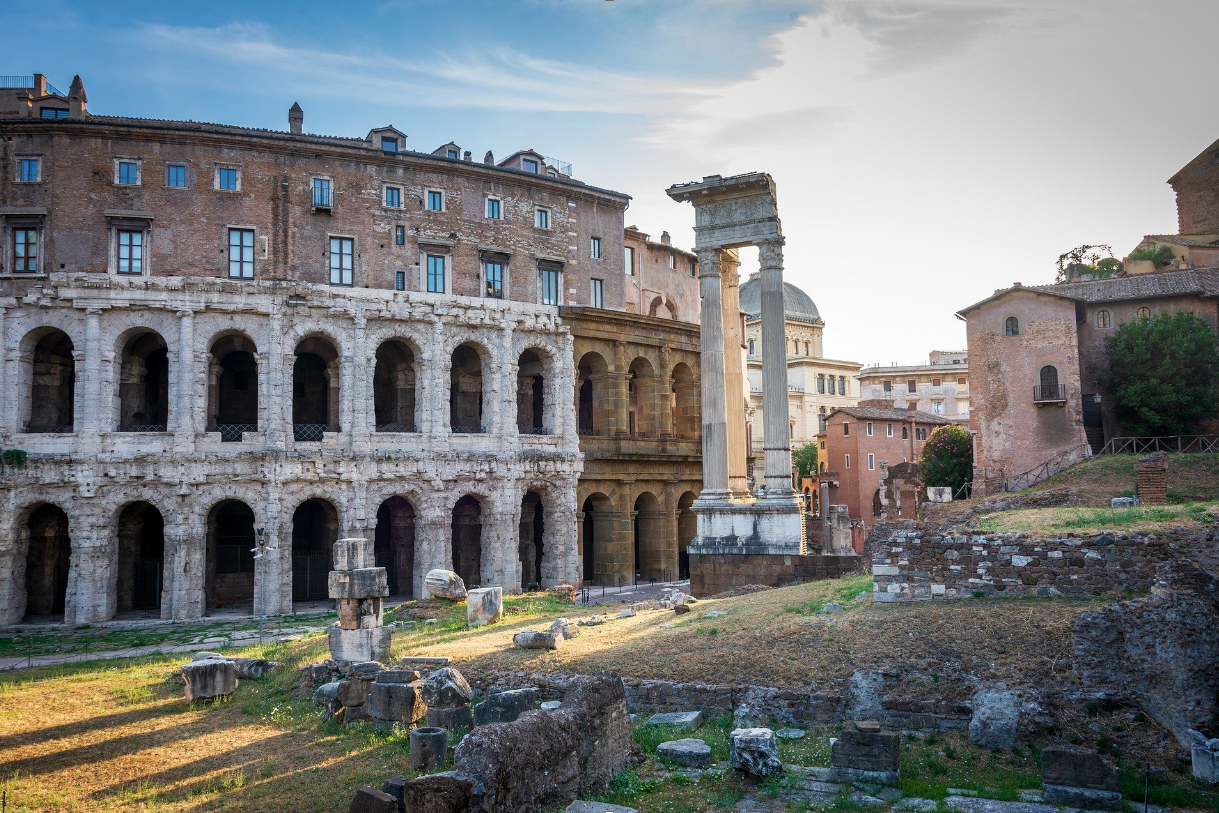
Can you give us a few organisational details about BPM 2021?
BPM will be a blended conference: all presentations and events will be held physically and virtually. Partly it will take place in the main premises of the Department and partly at a conference venue nearby (the Auditorium Antonianum). As for the programme, Monday is the workshop day. From Tuesday to Thursday the main conference, tutorials, panel, forums and industry track will take place. On Friday, the attendees can take part in the Doctoral Consortium and BPM-related national events. Social events are planned for Tuesday, Wednesday and Thursday. There will be a welcome reception at an Italian trattoria on Tuesday. Wednesday is the social-dinner day – no ancient Romans this time like in CAiSE 2019, but a surprise is around the corner, so stay tuned! On Thursday we cannot have a party but there will be an open-air aperitivo with live music on the riverside banks of the Tiber.
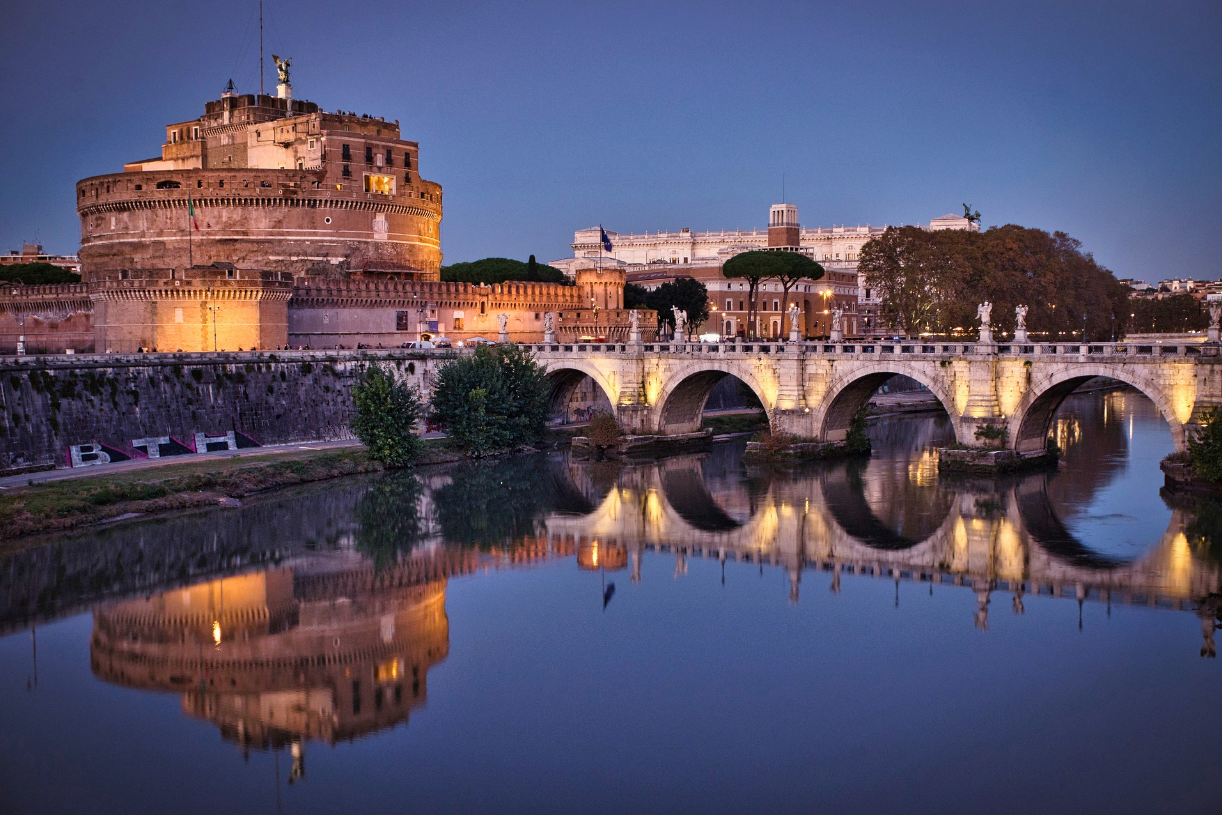
- End-user’s corner: Ivan Neskovic and David Suana
- ICPM goes live again
- Exploring newland: process mining and automated planning
- Conference room: BPM 2021
- ICPM 2021 Workshops: choose your flavour!
- Updates on ICPM 2021
- PDC 2021: put your discovery algorithm to the test!
- Survey: Improving Event Data Preparation for Process Mining
- This article has been updated on June 7 2021, 11:46.
- Talking with Massimo Mecella

